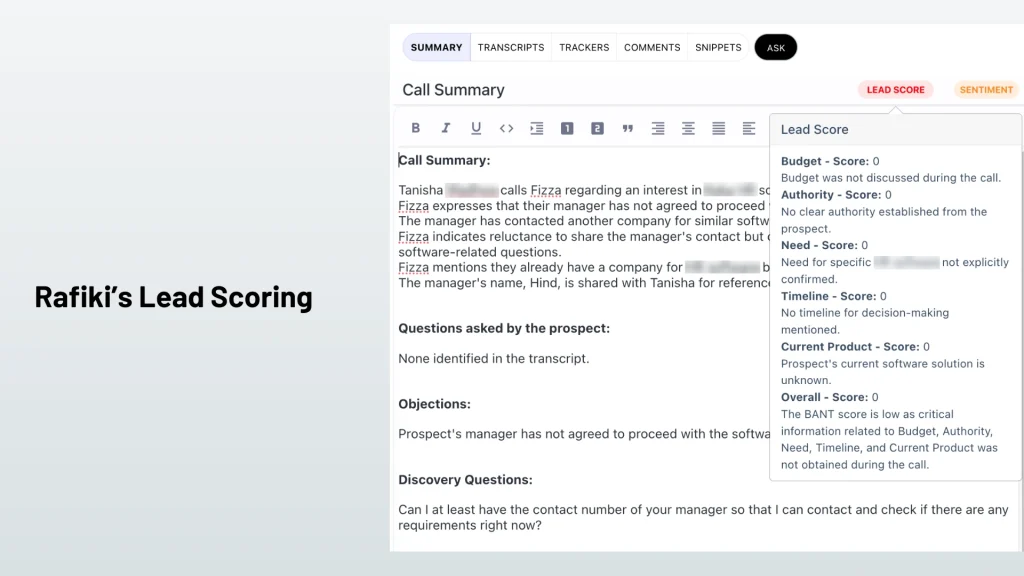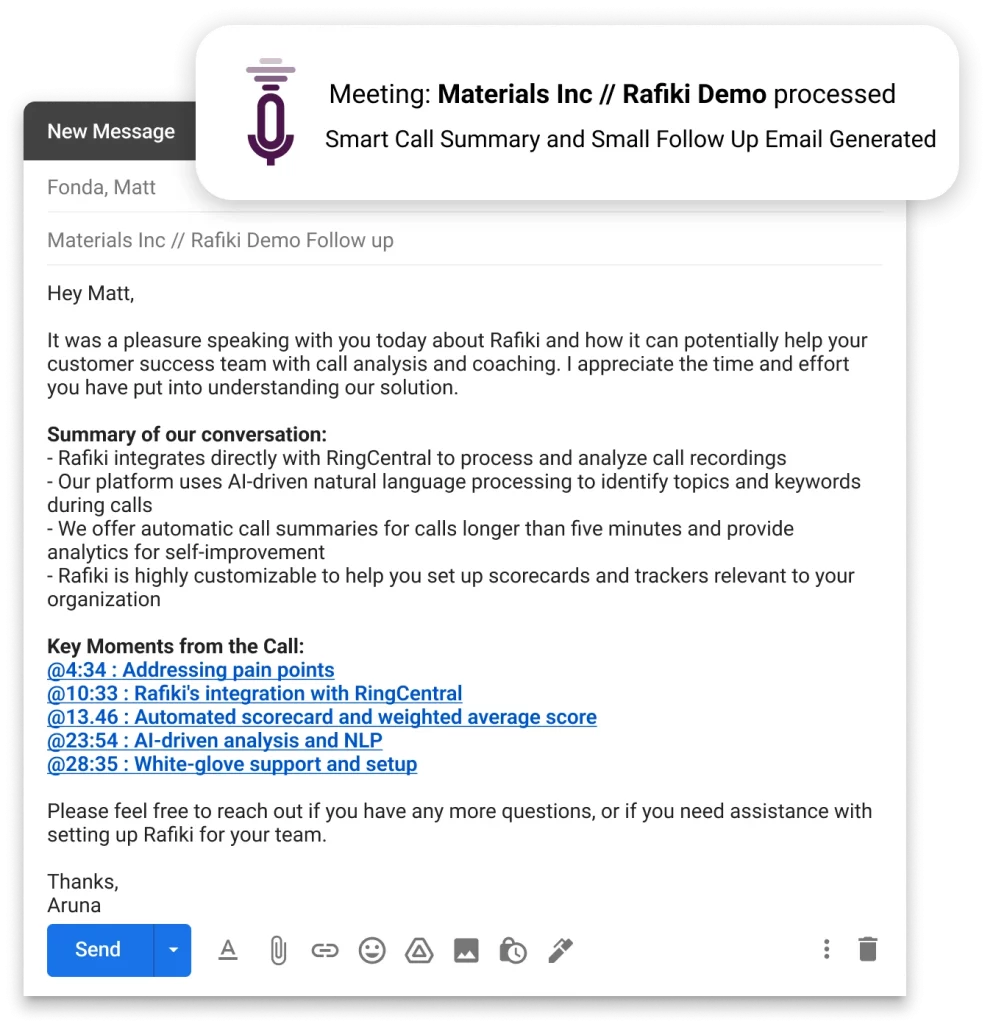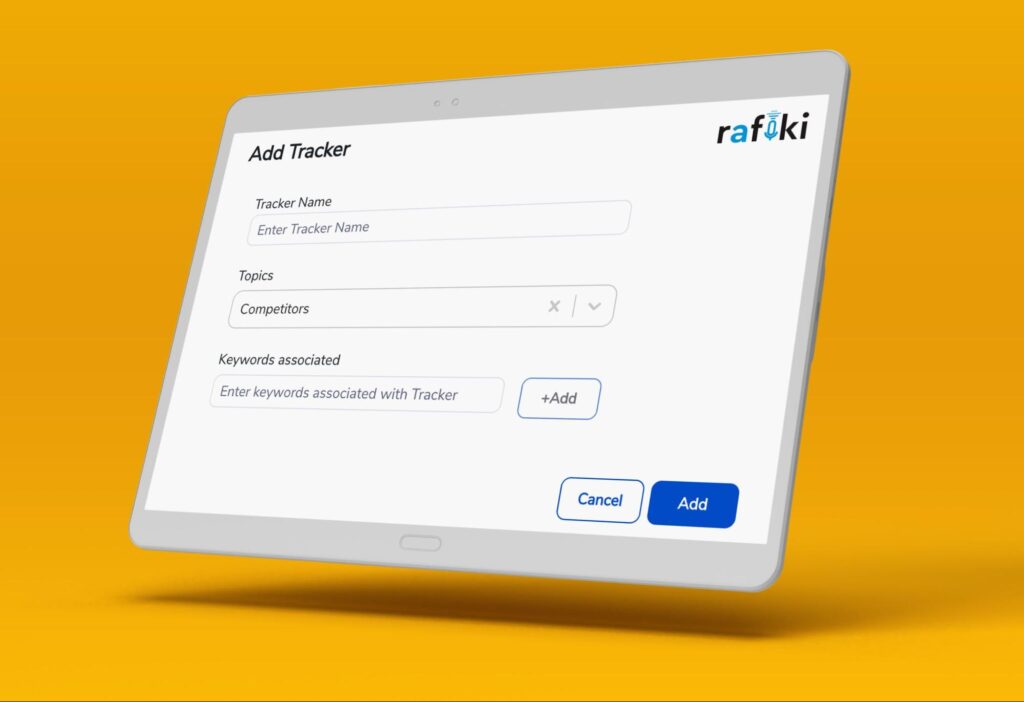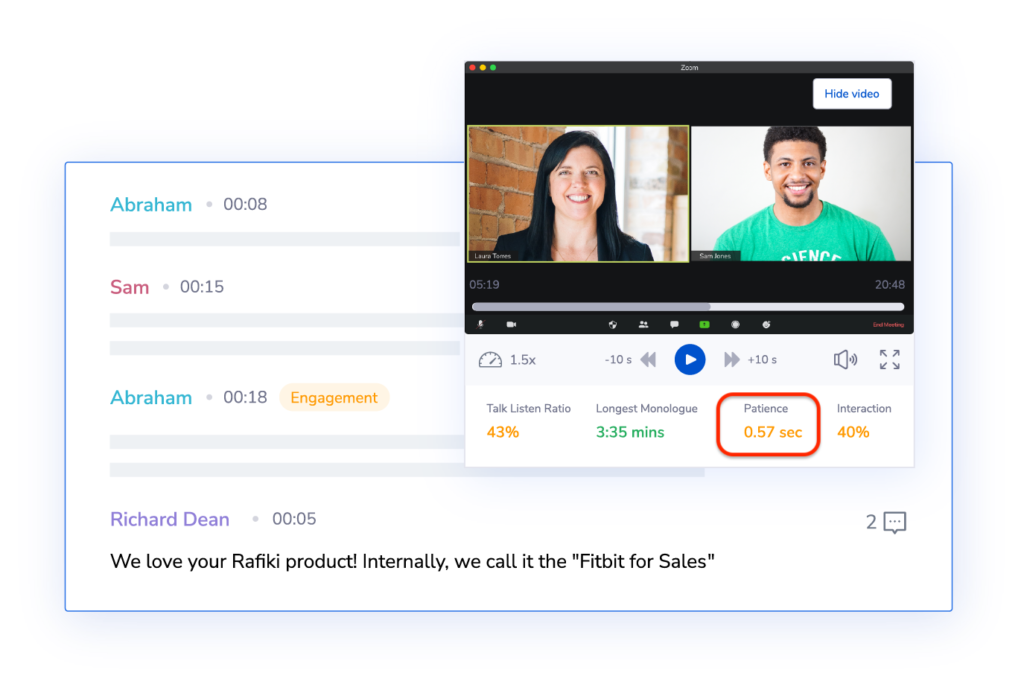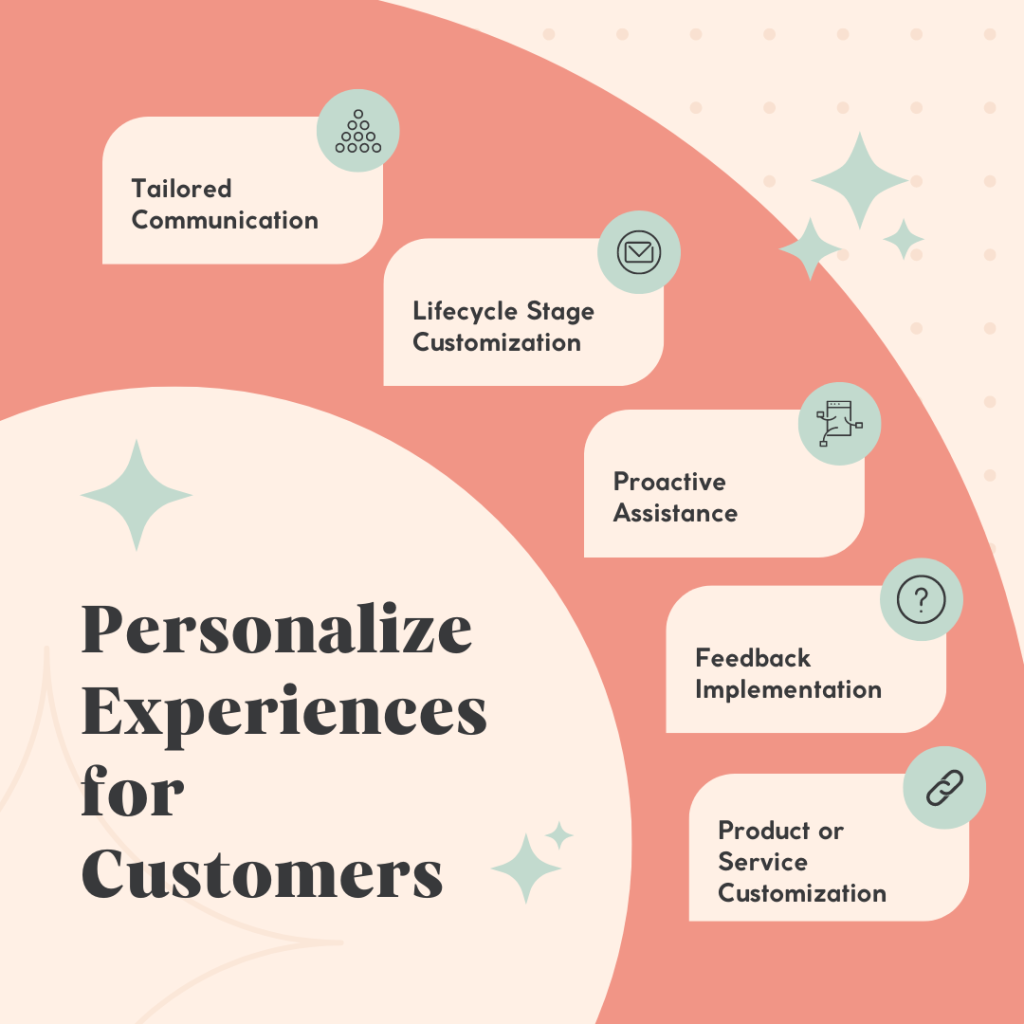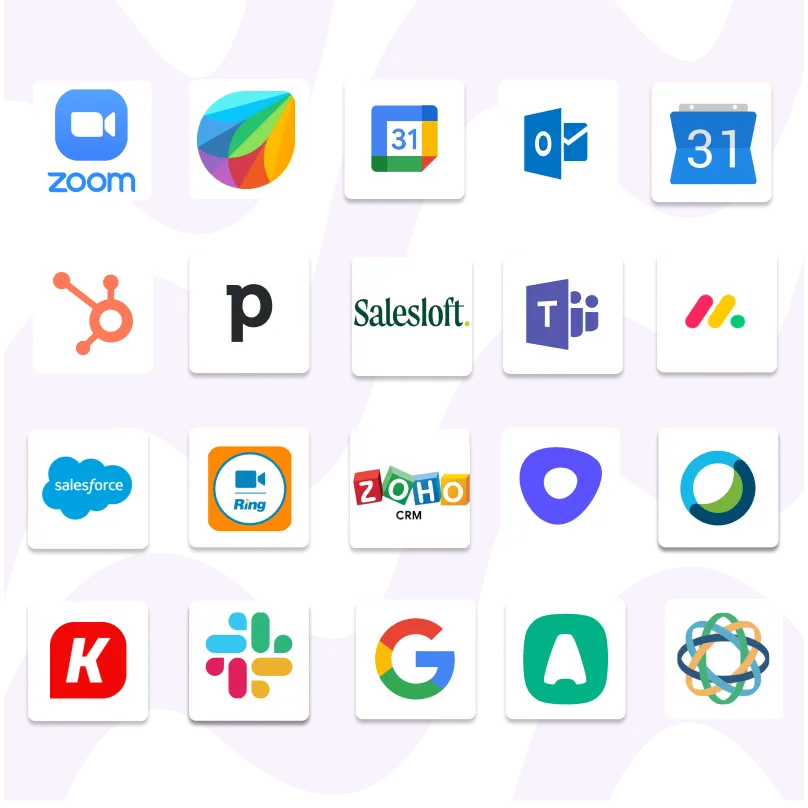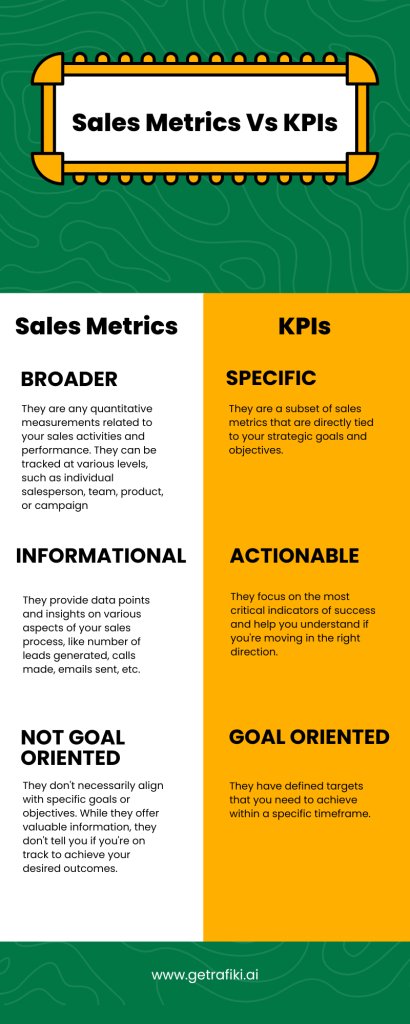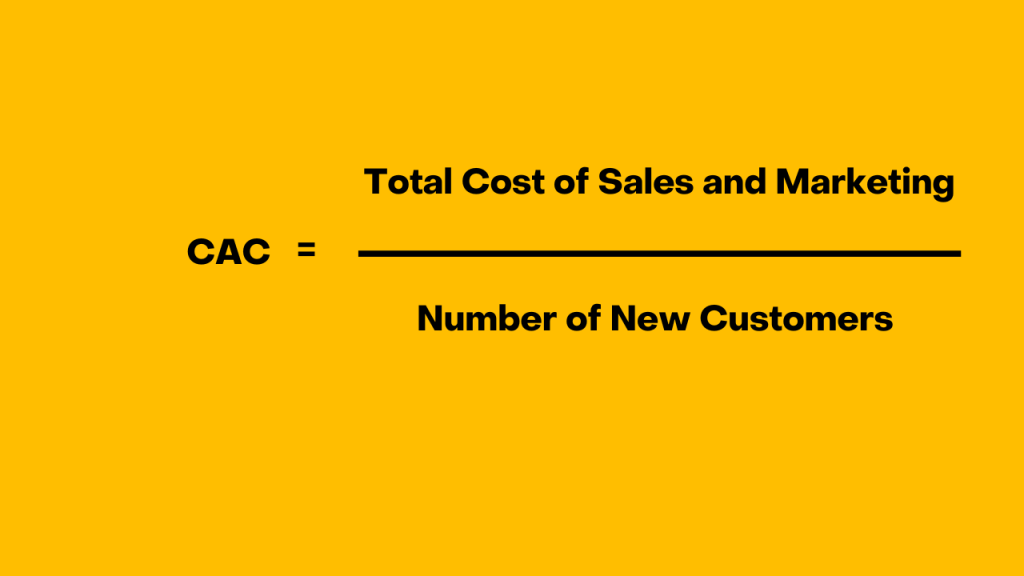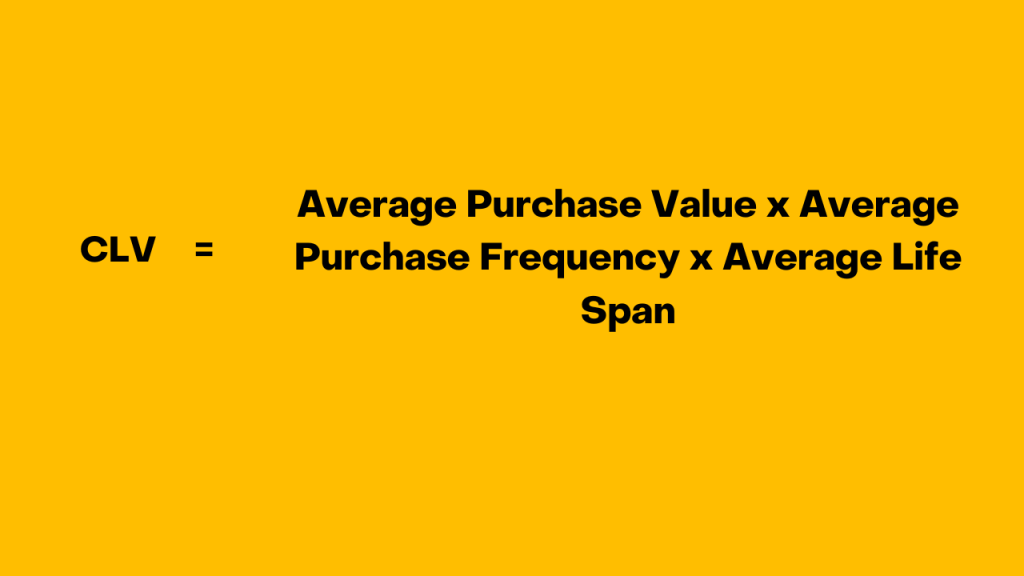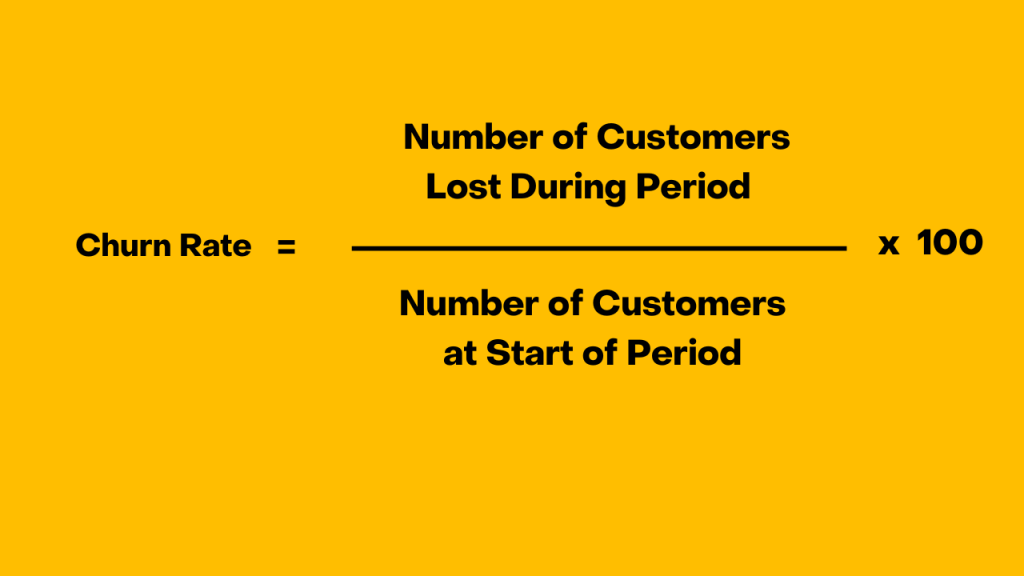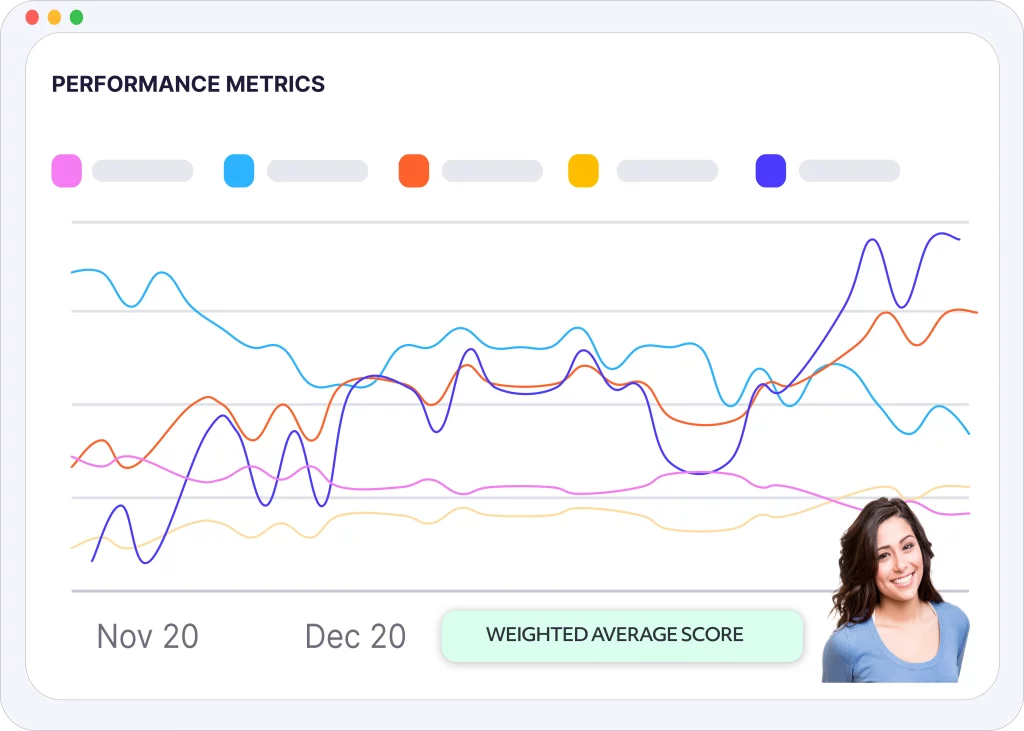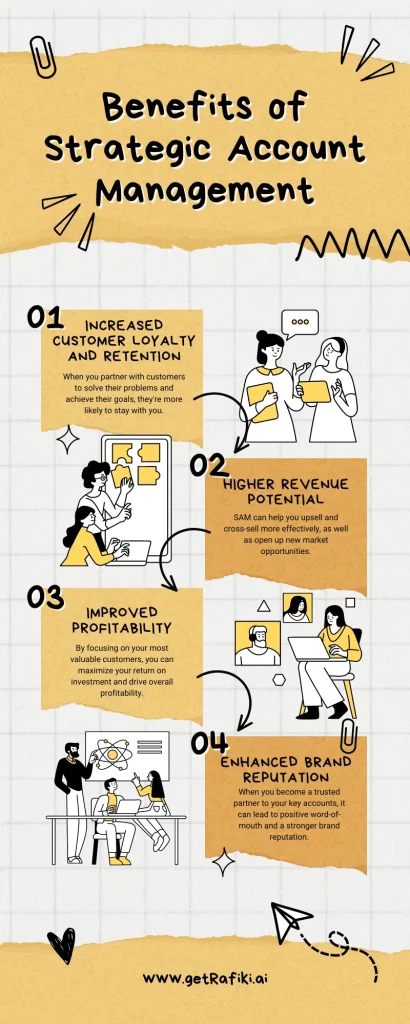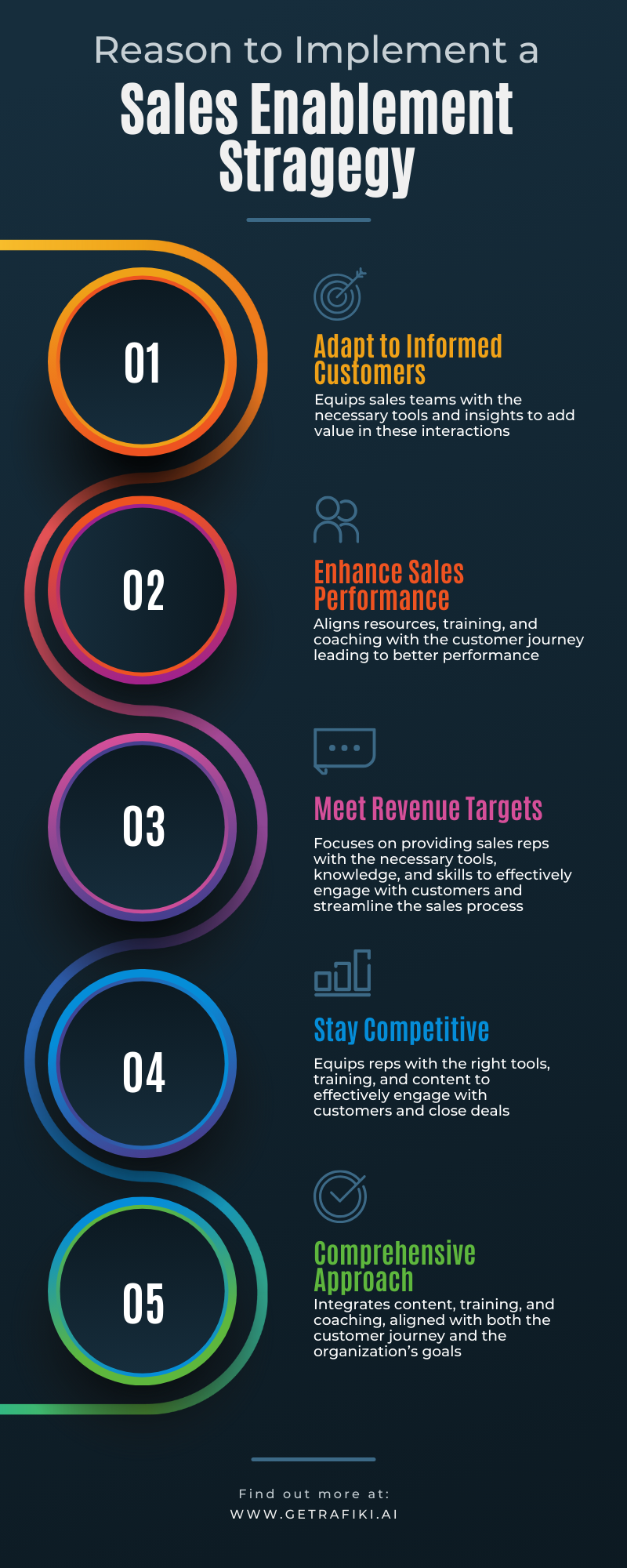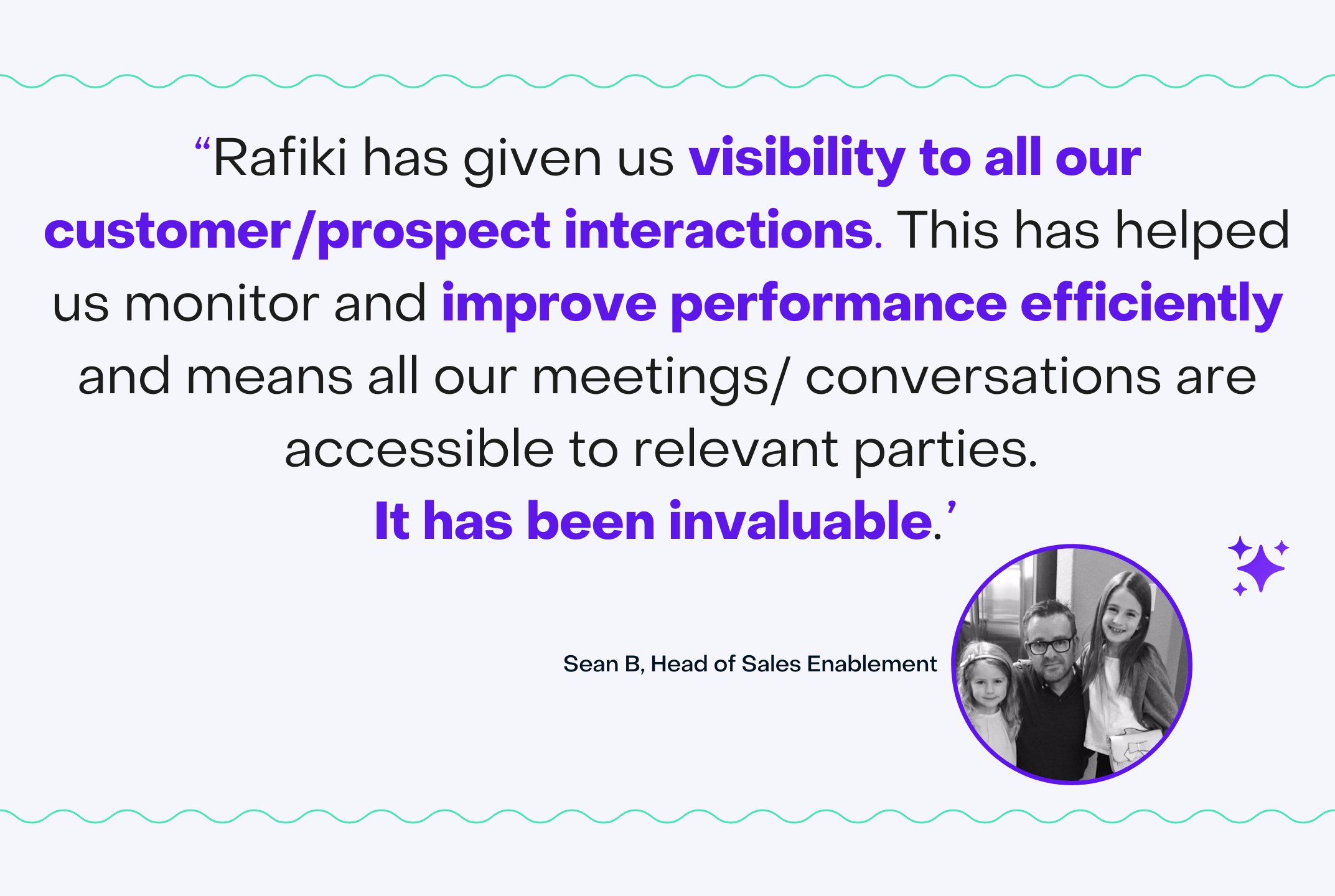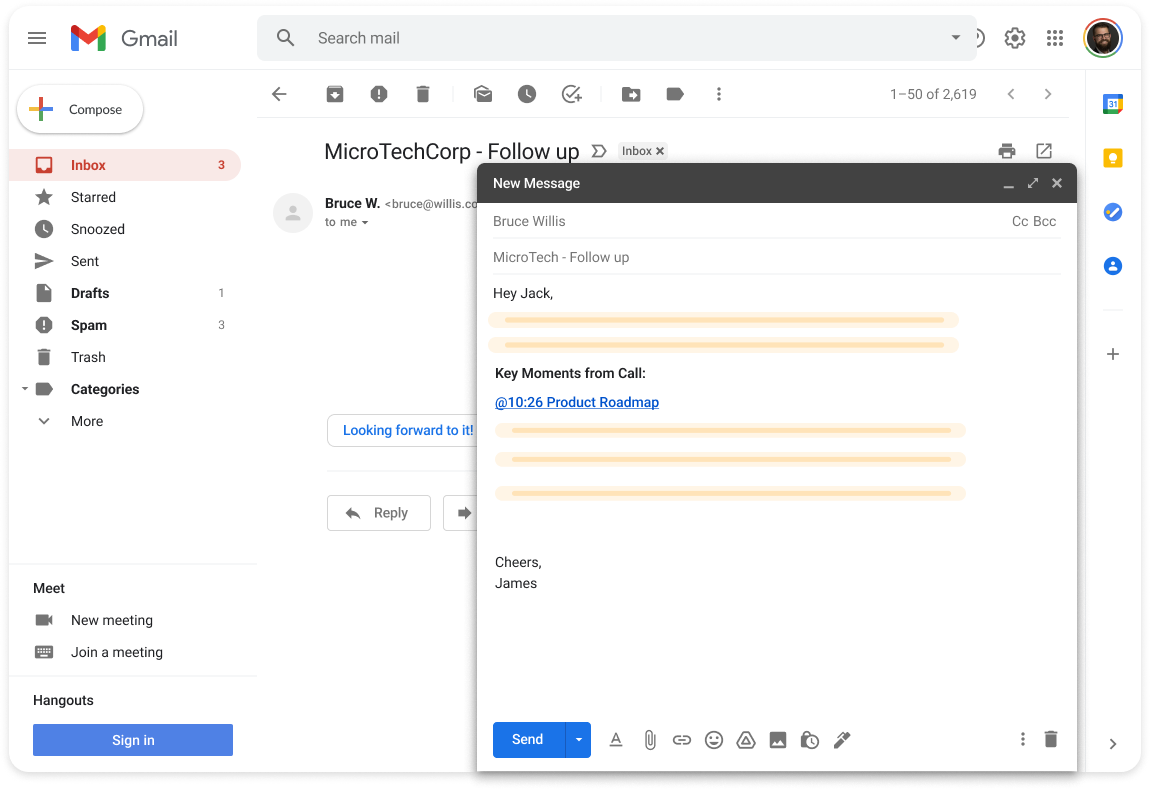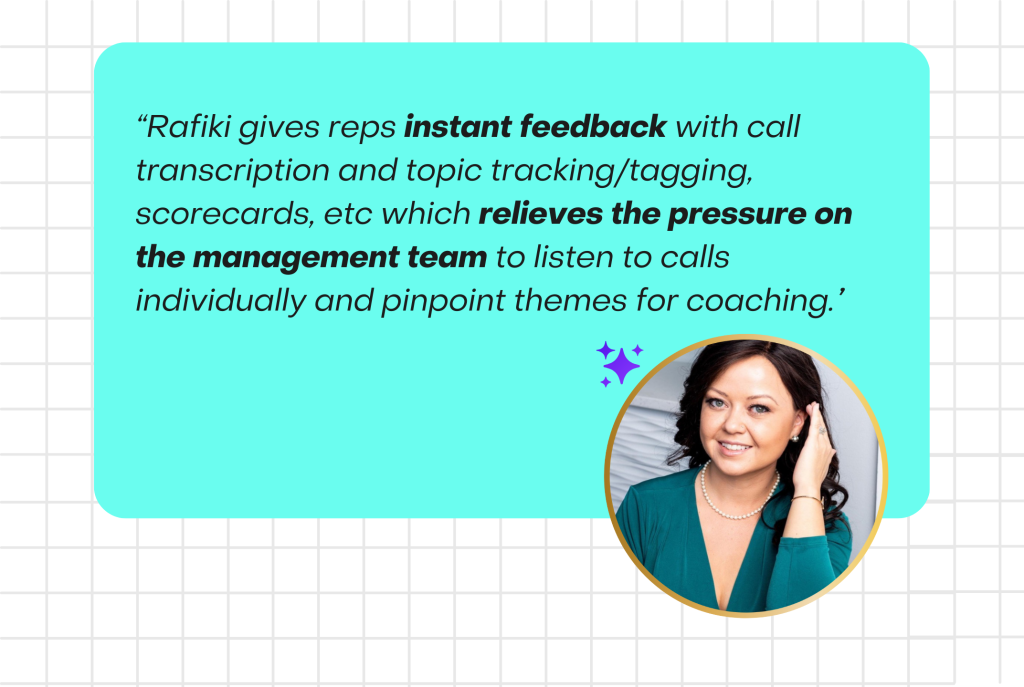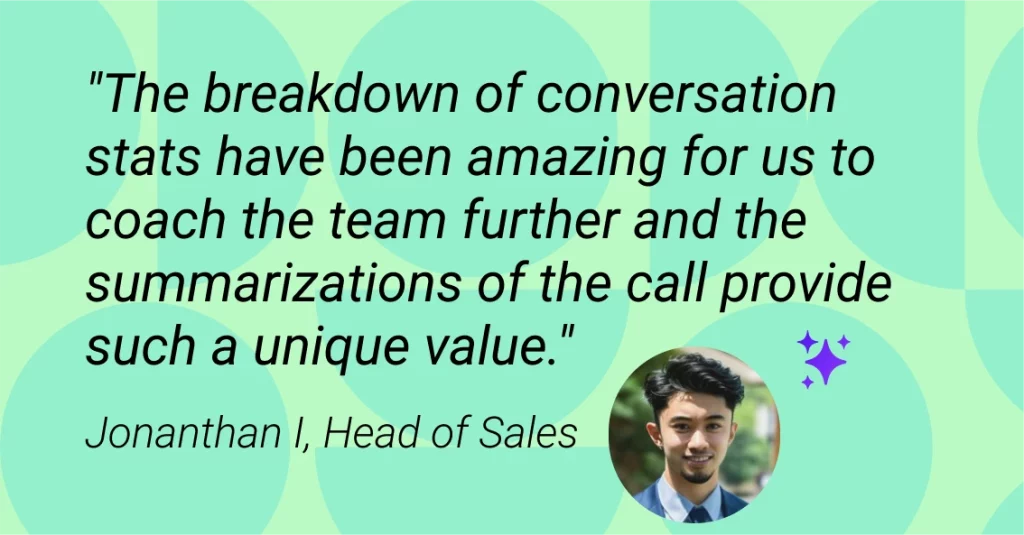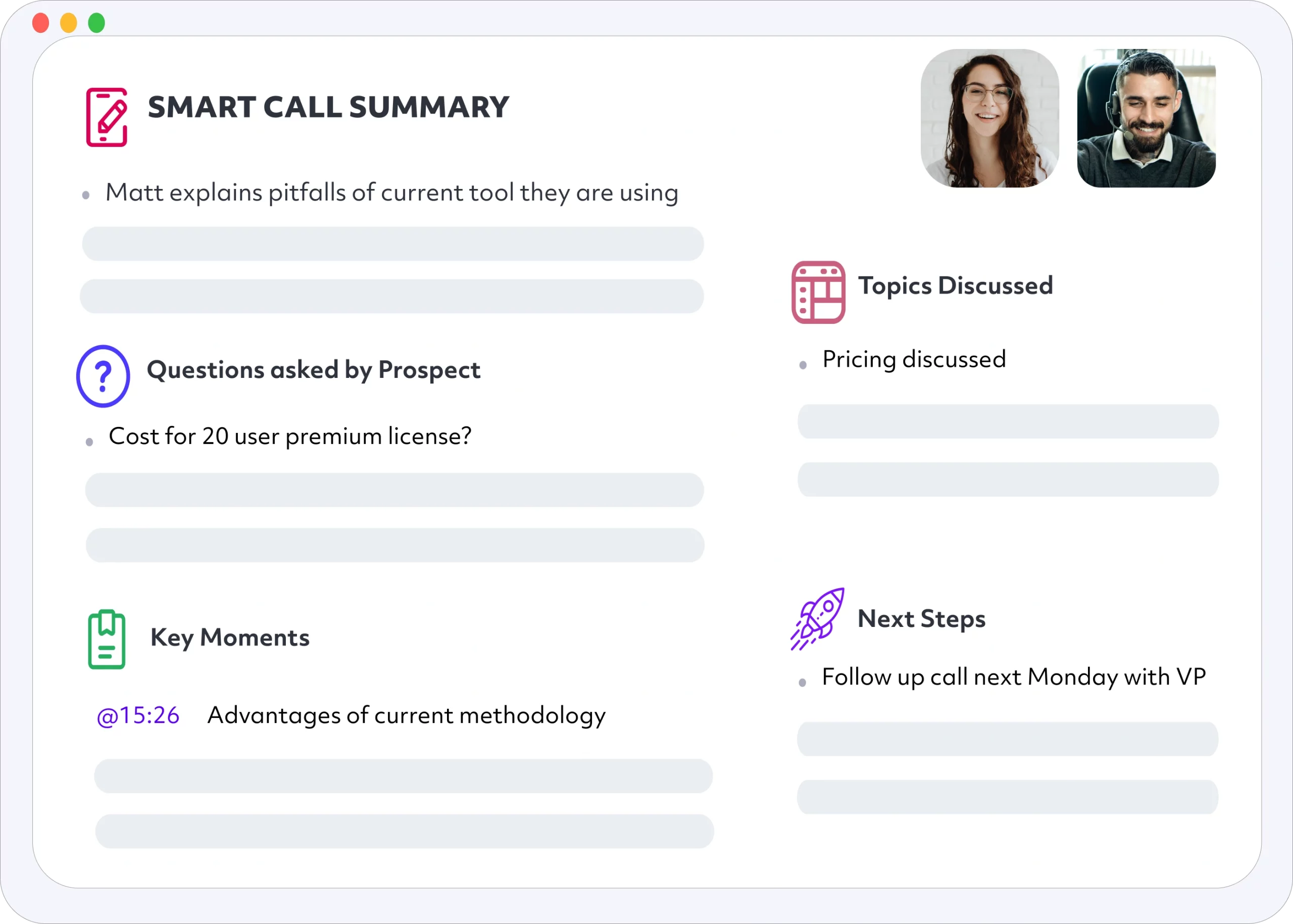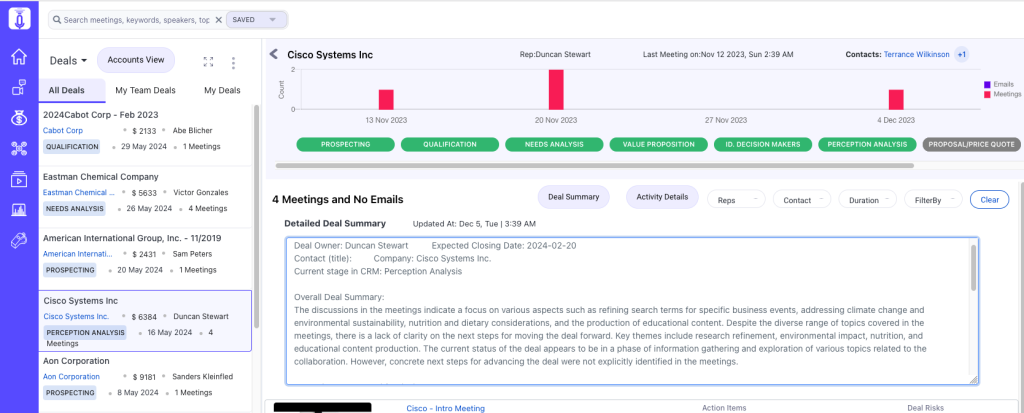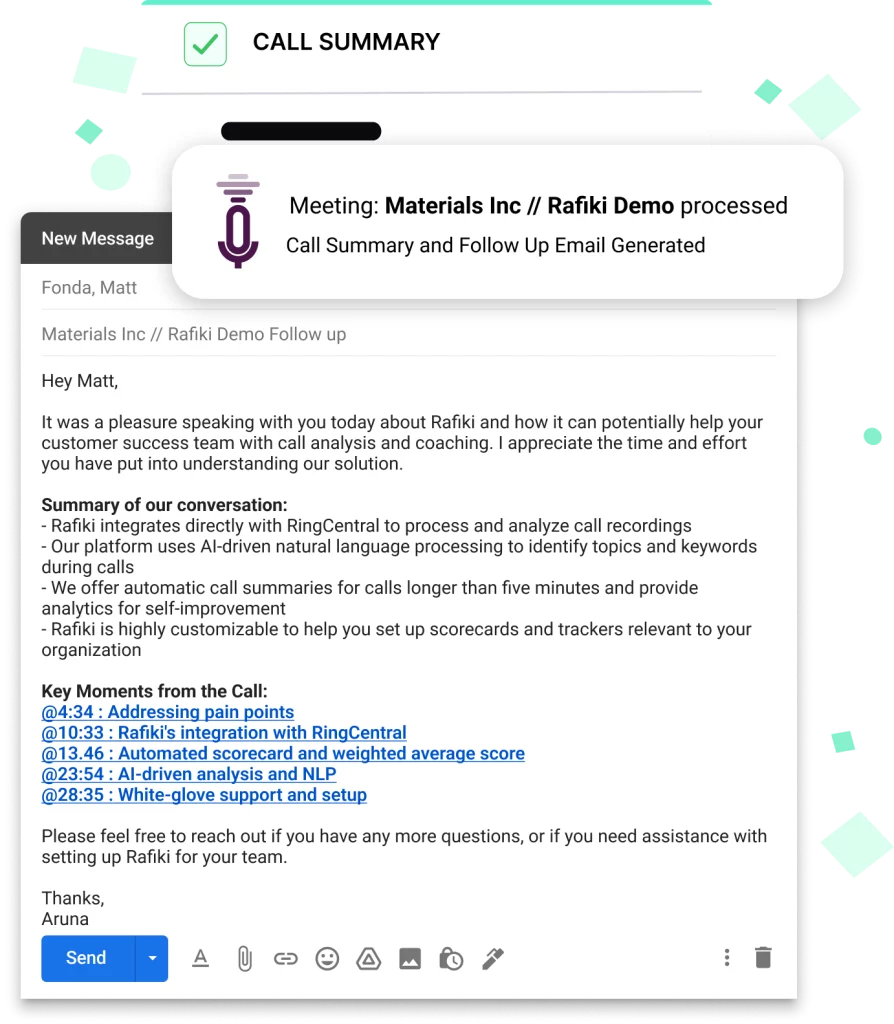Mastering the Art of the Sale: Dynamic Sales Script Examples
Sales scripts often spark a lively debate among sales professionals. Some argue that using a script may hinder the natural flow of conversation during customer calls, potentially alienating the client. Conversely, being unprepared and stumbling through responses can leave an equally negative impression. Mastering the art of the sales script is crucial, whether it’s initiating a cold call or following up on a customer inquiry. A well-crafted sales script doesn’t just prepare you—it transforms your approach.
Armed with a strategic sales script, you gain more than just confidence; you equip yourself with essential insights to navigate the call effectively. However, it’s important to remember that a script should serve as a scaffold, not a crutch. Tailoring dialogue to the individual customer and situation is key, as each interaction has its unique dynamics. In this article, we’ll explore various examples of sales scripts tailored to different selling scenarios, demonstrating how flexible and impactful this tool can be.
What is a Sales Script?
A sales script is a pre-planned, written guideline that sales representatives use during phone calls, meetings, or presentations to potential customers. It outlines the key points and stages of a conversation, ensuring that the salesperson covers essential topics, addresses common objections, and effectively communicates the value of their product or service. The primary purpose of a sales script is to provide a clear framework that helps sales professionals navigate customer interactions with greater assurance and strategic focus.
Core Components of a Sales Script:
- Opening Statement: Sets the tone of the call and engages the customer.
- Value Proposition: Clearly articulates the benefits of the product or service.
- Qualifying Questions: Helps the salesperson assess the customer’s needs and suitability for the offer.
- Handling Objections: Pre-prepared responses to common concerns or hesitations that customers may have.
- Closing Techniques: Strategies to encourage the customer to make a decision or commit to the next step.
Sales scripts are not just about sticking rigidly to a script; they are about having a plan. Effective sales scripts are adaptable, allowing the salesperson to personalize the conversation based on real-time customer responses and cues. This flexibility ensures that each customer feels heard and understood, rather than feeling like they are just another sales target.
In the upcoming sections, we will delve into specific examples of sales scripts designed for a variety of scenarios, highlighting how they can be adapted to meet different customer needs and sales objectives. This practical approach will demonstrate the versatility and necessity of having robust, flexible sales scripts in your sales toolkit.
Why You Should Use Sales Scripts
Sales scripts are more than just words on a page; they are strategic tools that serve multiple functions in the art of selling. Here are some compelling reasons why incorporating sales scripts into your sales strategy can be incredibly beneficial:
1. Consistency Across Interactions
Sales scripts help ensure that every customer interaction maintains a high standard of professionalism and consistency. By providing a common framework for conversations, scripts ensure that all representatives share the same key messages and value propositions, enhancing brand consistency and reliability.
2. Increased Confidence and Efficiency
For many sales professionals, especially those new to the field, sales scripts offer a much-needed confidence boost. Knowing what to say, how to handle objections, and the way to steer conversations can remove a lot of the uncertainty and anxiety associated with sales calls. This confidence directly translates to greater efficiency, as sales reps spend less time searching for words and more time engaging the customer.
3. Improved Handling of Objections
Objections are a natural part of any sales process. Sales scripts prepared with anticipated concerns and objections allow salespeople to respond swiftly and effectively. This preparedness prevents the conversation from stalling and helps maintain the momentum towards closing a sale.
4. Enhanced Training Tool
Sales scripts provide a concrete example of how to conduct a successful sales interaction, making them an invaluable training resource. New hires can quickly learn not only what to say but also understand the reasoning behind various conversation strategies. This accelerates the learning process and helps new salespeople to perform effectively sooner.
5. Tailored Customer Experience
While scripts provide a basic structure, they are not meant to be restrictive. The best use of a sales script is as a flexible guide that salespeople can adapt to each customer’s unique needs and situations. This adaptability allows for a personalized customer experience that can lead to higher satisfaction and increased sales conversions.
6. Measurable Outcomes for Continuous Improvement
When everyone uses a standardized script, it’s easier to track what works and what doesn’t. This collective data provides invaluable insights into customer behaviors and preferences, enabling ongoing refinements to sales strategies and techniques. Continuous improvement based on real-world data is one of the key benefits of using well-designed sales scripts.
Sales scripts are foundational tools that support sales teams in delivering consistent, effective, and personalized customer interactions. They bridge the gap between novice uncertainty and expert performance, empowering sales professionals to maximize their productivity and success.
Tips on How to Write a Sales Script
Crafting an effective sales script is an art that requires understanding your audience, your product, and the strategic objectives of your conversation. Here are some essential tips to guide you in writing a sales script that not only sounds natural but also drives results:
1. Start with a Strong Opening
Your opening statement sets the tone for the entire conversation. Begin with a friendly greeting and a personalized introduction that establishes rapport. Make sure to quickly state the purpose of the call in a way that grabs attention and piques interest. For instance, mention a common pain point or a relevant achievement of your product.
2. Clearly Define Your Value Proposition
Your script should clearly articulate what your product or service offers and why it is beneficial to the prospect. Highlight the unique selling points and tailor these to match the specific needs and interests of your prospect. This should be concise, compelling, and directly linked to how it solves problems or adds value for the customer.
3. Prepare for Objections
Anticipate potential objections and resistance you might encounter. Include in your script effective counterpoints that address these concerns directly and positively. This not only shows preparedness but also builds credibility and trust with your prospect.
4. Ask Engaging Questions
Incorporate open-ended questions that encourage prospects to talk about their needs, challenges, and preferences. This engagement allows for a more interactive conversation and provides you with valuable insights to tailor your pitch. Good questions can help uncover the prospect’s true pain points and the benefits they seek.
5. Include a Call to Action
Every sales script should have a clear call to action. Decide what the next step you want the prospect to take is—whether it’s scheduling a demo, registering for a webinar, or simply agreeing to receive more information. The call to action should be direct and easy for the prospect to follow.
6. Use a Conversational Tone
While your script should be professional, it also needs to be conversational. Write in a way that sounds natural when spoken aloud. Avoid industry jargon unless it’s commonly understood by your audience, and aim for clarity and simplicity in your language.
7. Test and Refine
Finally, always test your script in live scenarios. Observe how prospects respond, note what works and what doesn’t, and make adjustments accordingly. Continuous refinement based on real feedback is crucial to developing a script that effectively converts leads into customers.
By following these tips, you can develop a sales script that not only enhances the performance of your sales team but also transforms your interactions with prospects into meaningful conversations that drive sales.
Effective Sales Script Examples
To illustrate the principles outlined in writing an effective sales script, here are examples tailored for different sales scenarios. Each script aims to engage the prospect, address their specific needs, and move them closer to a sale.
1. Cold Call Script for Software Sales:
Opening:
“Good morning/afternoon, is this [Prospect’s Name]? Hi, my name is [Your Name], and I’m with [Your Company]. I’m reaching out because I’ve noticed many businesses in [Prospect’s Industry] are currently facing challenges with [common pain point]. Can I take a minute to share a quick solution that might help?”
Value Proposition:
“We’ve helped companies like [Example Client] enhance their [specific function] by [specific benefit]. They’ve seen [quantifiable result], and I believe we can achieve similar results for you.”
Handling Objections:
“I understand that switching systems can seem daunting. Our clients find that our onboarding process is not only simple but tailored to ensure there’s minimal disruption to daily operations. Could I walk you through it?”
Call to Action:
“Would you be available for a brief demo later this week where I can show you how it works and discuss how we can address your specific needs?”
2. Follow-Up Script After an Initial Meeting:
Opening:
“Hello [Prospect’s Name], this is [Your Name] from [Your Company]. We spoke last week about how our solutions can help streamline your [specific process]. Have you had a chance to think about our discussion?”
Value Proposition Recap:
“Just to recap, our tool can reduce your current processing time by half, which our current clients find invaluable for boosting their team’s productivity.”
Handling Objections:
“I recall you mentioned concerns about integration with your existing systems. We’ve successfully integrated with similar setups in the past, and I’d be happy to provide some case studies that demonstrate this. Would that help?”
Call to Action:
“Can we schedule a follow-up call next Tuesday? I can prepare a customized presentation that focuses on integration and answers any other questions you may have.”
3. Script for Introducing a New Product Feature to Existing Customers:
Opening:
“Hi [Customer’s Name], this is [Your Name] from [Your Company]. I hope you’re doing well. I’m reaching out today to update you on a new feature we’ve added to [Product] that I believe you’ll find very beneficial.”
Value Proposition:
“This new feature [describe feature] enhances [specific functionality], which you’ve mentioned was a bit of a bottleneck. With this update, our clients are seeing [specific improvement], and I thought of you immediately.”
Handling Objections:
“I understand that new features sometimes mean a learning curve, but we’ve prepared comprehensive training materials and our support team will be on hand to assist you personally.”
Call to Action:
“Would you like to schedule a quick walkthrough of the new feature next week? I can also send over some preliminary materials for you to review.”
4. Offering Options to a Prospect
When engaging with a prospect who might be considering different options, it’s crucial to present choices clearly and persuasively. Below is a sample sales script designed to offer options effectively, helping guide the prospect through the decision-making process and toward a commitment.
Scenario:
A sales rep is speaking with a prospect who has shown interest in a software solution but is undecided about which plan or package best suits their needs.
Sales Rep:
“Hello [Prospect’s Name], this is [Your Name] from [Your Company]. I appreciate you taking the time to discuss your needs with us the other day. Based on what you’ve told me about your current challenges and goals, I’ve put together a few options that could work well for you.”
Prospect’s Response:
“That sounds good, I’m interested to see what you suggest.”
Sales Rep:
“Great! Let’s go through them together. We have three main packages, each designed to cater to different scales of operation and specific needs.”
Option 1: Basic Plan
“Our Basic Plan is perfect if you’re just starting out or if you have limited needs regarding [specific functionality]. This plan will give you [list of features], which includes all the essentials you need to get started, such as [feature 1] and [feature 2]. The cost of this plan is [price], which fits well within a smaller budget.”
Option 2: Professional Plan
“The Professional Plan is our most popular choice. It includes everything in the Basic Plan plus additional features like [feature 3] and [feature 4], which are fantastic for a growing company like yours. This plan also offers more [specific resource], and the pricing is very competitive at [price]. It’s designed to scale as your business grows.”
Option 3: Enterprise Plan
“Finally, our Enterprise Plan is tailored for large organizations or those needing the most advanced features, such as [feature 5] and [feature 6]. This includes premium support and a dedicated account manager. The price for the Enterprise Plan is [price], and it’s the best value for extensive operations.”
Sales Rep:
“Each of these plans comes with our commitment to support and satisfaction. You can also upgrade or change plans at any time as your needs evolve. Would you like to discuss these options further, or is there one that already stands out to you?”
Prospect’s Response:
“I think I need a bit more information about the Professional Plan.”
Sales Rep:
“Absolutely, I’d be happy to dive deeper into what the Professional Plan offers. [Provide more detailed information]. We’ve seen many businesses similar to yours have great success with this option because of [specific benefits]. Would you like to start with this plan and see how it goes? We can always adjust later as needed.”
Conclusion and Call to Action:
“Once you choose a plan, we can get you set up in just a few days. We also offer a [trial period/money-back guarantee] to ensure you’re completely happy with your decision. What do you think about moving forward with [selected plan]?”
Key Tips:
- Clearly outline the benefits and differences between the options.
- Use a consultative approach to help the prospect make an informed decision.
- Be ready to provide additional details and answer questions about each option.
- Include a call to action that encourages the prospect to make a decision or take the next step.
Enhancing Your Sales Dialogue with Strategic Scripts
Sales scripts stand as pivotal assets in the sales landscape, serving as more than mere textual guides—they are strategic tools that bring structure and finesse to sales conversations. Throughout this article, we’ve highlighted several script examples, each tailored to specific sales situations, emphasizing the importance of adaptability and personalized engagement.
These scripts are designed to be modified and integrated into your unique sales approach, supporting you in establishing consistent, professional, and effective interactions with potential clients. A well-devised sales script empowers you to navigate customer interactions with confidence, providing a roadmap to address needs, solve problems, and close deals efficiently.
Implement these script strategies to refine your sales technique, ensuring every customer conversation is an opportunity to demonstrate value and deepen client relationships. Continuous improvement and customization of your scripts based on ongoing experiences and customer feedback will lead to greater success and more conversions. Embrace the power of a thoughtfully crafted sales script to transform your sales results.
